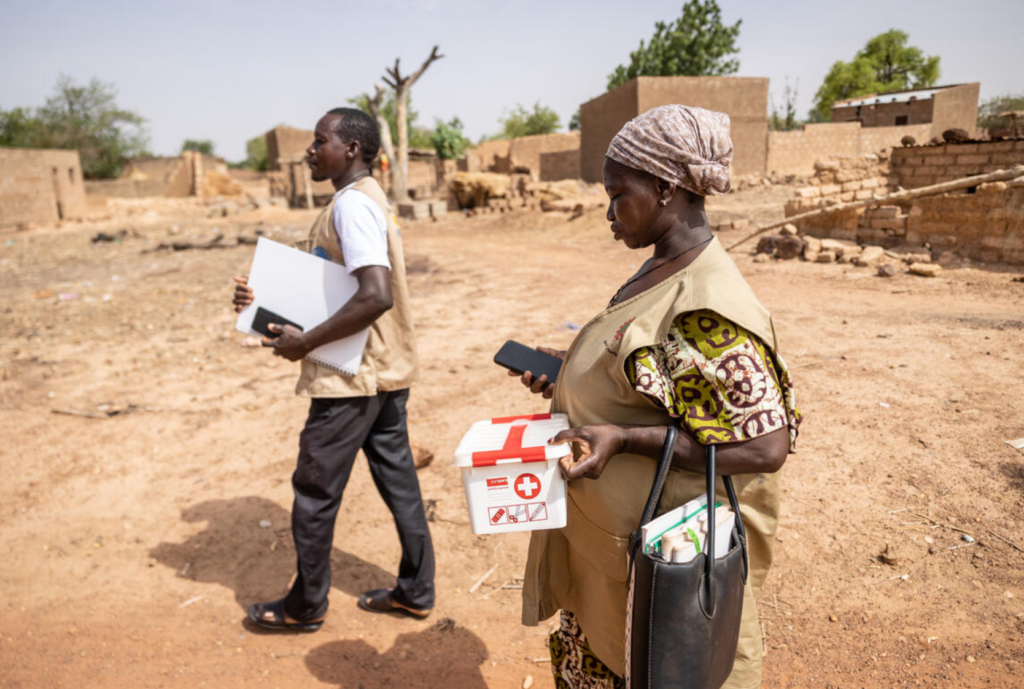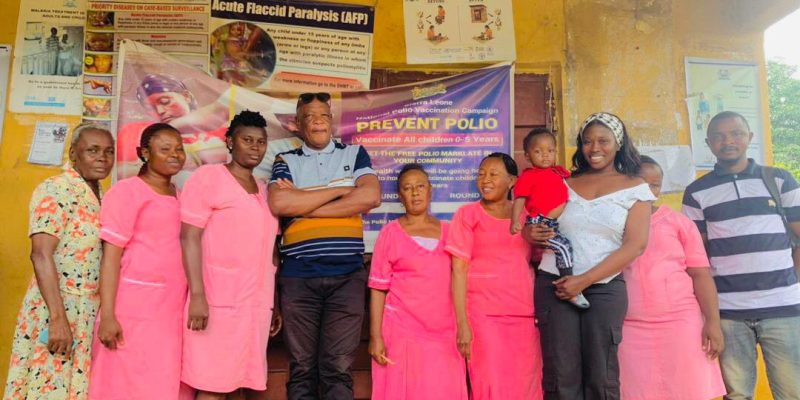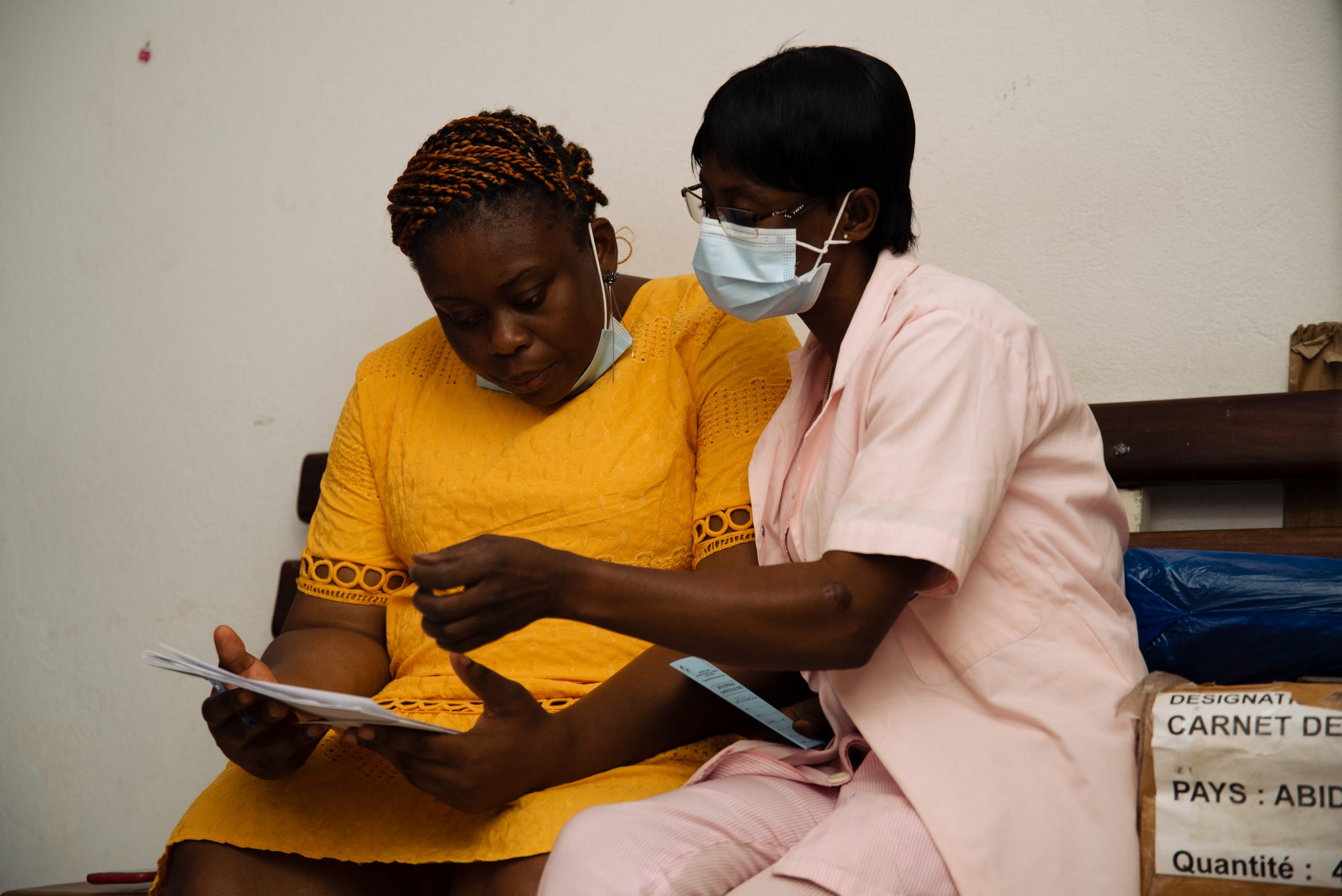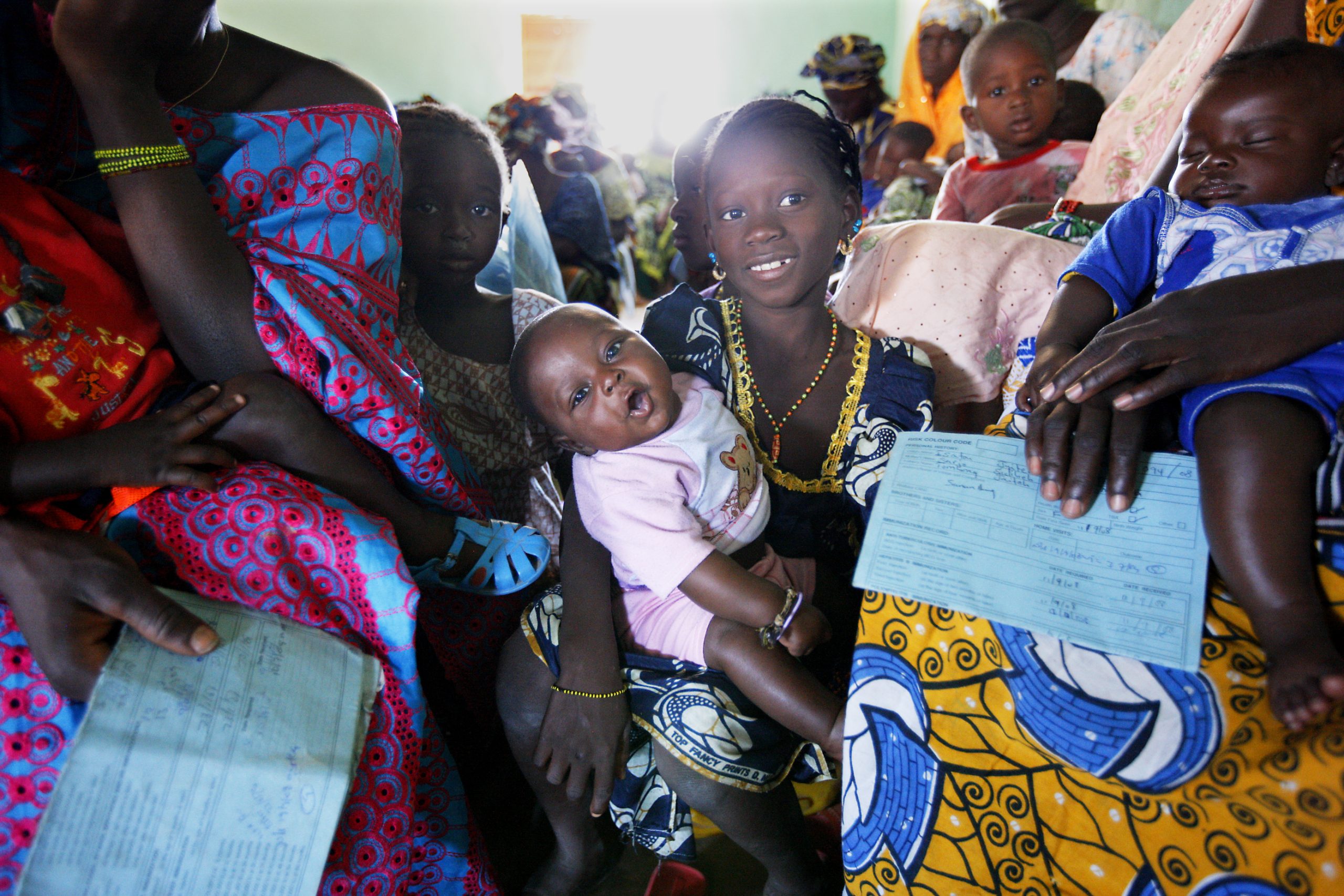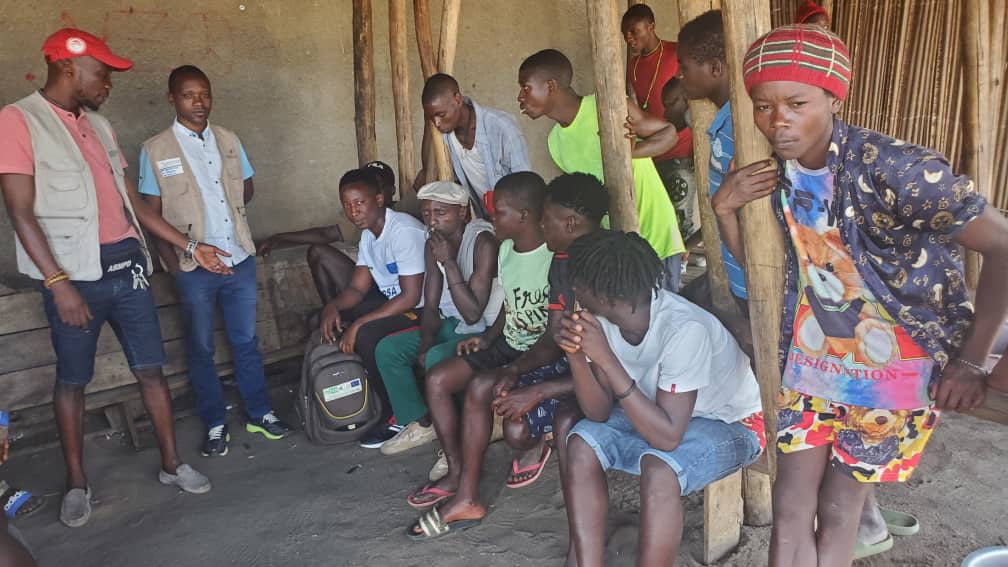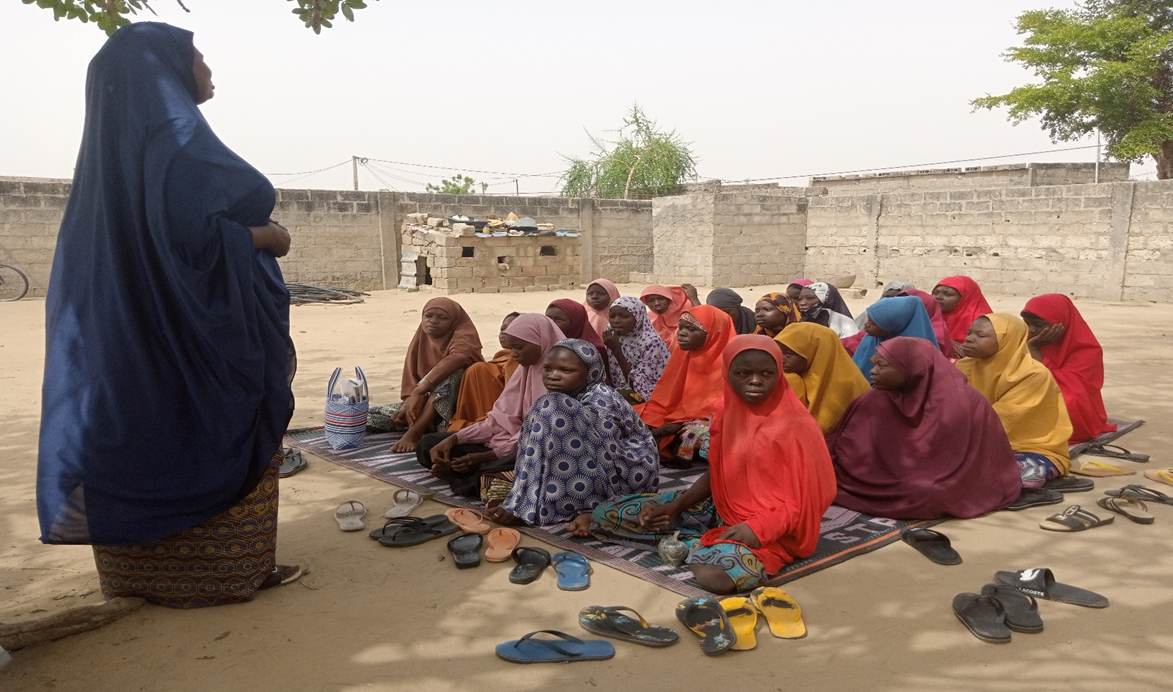This project aims to develop joint care for people with diabetes, tuberculosis, and HIV, in Burkina Faso and the Comoros. It sets up actions to improve policies, build the capacity of healthcare professionals, enhance community prevention efforts, and promote therapeutic patient education.
Context
In Burkina Faso and the Comoros, non-communicable diseases, particularly diabetes, are becoming increasingly prevalent. This worsens the existing health challenges in these regions, where access to healthcare is already limited. According to the International Diabetes Federation, Africa is expected to see the fastest growth in the diabetes epidemic, with an estimated 143% increase between 2015 and 2040. Although often treated separately, diabetes, tuberculosis, and HIV/AIDS are closely related diseases. This project aims to consolidate and expand the prevention and management of diabetes/tuberculosis and diabetes/HIV co-morbidities, building on a previous initiative in Burkina Faso and Mali.
Description
To improve the quality of life for patients with diabetes/tuberculosis or diabetes/HIV co-morbidities, the project employs an integrated, multi- actor approach. Activities focus on strengthening policy frameworks to facilitate the implementation of control strategies, training healthcare professionals, and promoting community-based prevention. The training and prevention efforts are especially grounded in therapeutic education strategies tailored to these co-morbidities, which were developed during a previous project.
Impact
Capacity-building efforts for healthcare professionals, community players, and policy-makers will directly benefit 312 healthcare professionals, 36 peer educators, and 19,000 patients. Additionally, it will support populations who lack access to prevention and care services, or who are overlooked in these areas, particularly due to their gender or sexual orientation. The integrated approach to addressing the three diseases and their co-morbidities will sustainably enhance prevention and patient care in both countries.
